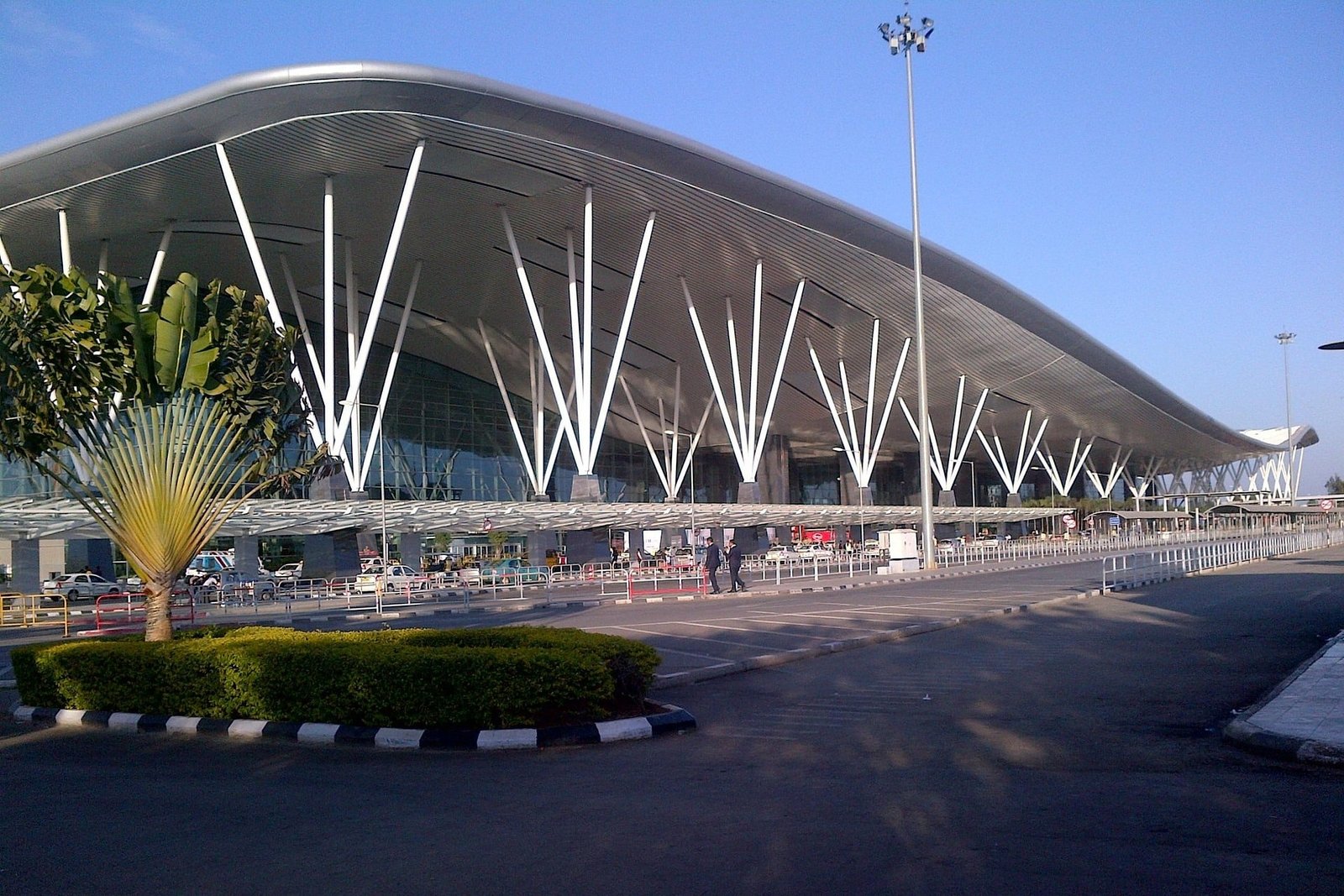Karnataka
Bengaluru Airport City Launches Global Innovation Hub to Redefine India’s Role in Deep-Tech
Already the third busiest airport in India, Kempegowda International Airport—operated by BIAL—processed 41.88 million passengers in FY 2024–25, with 502,480 metric tonnes of cargo, and is the nation’s leader in perishable cargo movement. The Airport City’s rapid transformation positions it not just as a transit hub, but as a global center for research, enterprise, and culture.
In a transformative push to position India at the forefront of global innovation, the Government of Karnataka, Bengaluru Airport City Ltd. (BACL), and ANSR have officially launched District I, a first-of-its-kind Global Innovation Hub at the Bengaluru Airport City.
Located within the sprawling 28 million sq. ft. Business Park cluster of Bengaluru Airport City, District I is designed as a collaborative platform to unite startups, Global Capability Centers (GCCs), IT service providers, academic institutions, corporate R&D, VCs, and public bodies. The initiative seeks to fast-track deep-tech entrepreneurship, enterprise innovation, and research commercialization in India’s tech capital.
A New Global Benchmark for Innovation Ecosystems
The launch of District I marks a paradigm shift in India’s innovation narrative. With Bengaluru already home to over 16,000 startups, 550+ GCCs, and nearly half of India’s unicorns, this new hub is set to scale that foundation to a global benchmark. The initiative focuses on advanced technologies, including AI, quantum computing, blockchain, and customer experience systems, targeting industries such as aerospace, defence, BFSI, telecom, and smart cities.
“This is not just about space—it’s about creating synergy,” said Ekroop Caur, Secretary of the Department of Electronics, IT, BT, and S&T, Government of Karnataka. “District I is a platform where research meets investment, startups meet scale, and India meets the world.”
Designed for the Future: Work, Live, Learn, Create
District I will be integrated into Bengaluru Airport City, envisioned as a smart, sustainable urban destination featuring cutting-edge infrastructure, including a concert arena, convention centre, health district, and 3D printing units. The city is being developed with a renewable energy-powered campus, rainwater harvesting, and an IGBC Platinum rating, aligning with the UN Sustainable Development Goals (SDGs).
Rao Munukutla, Executive Director & CEO of BACL, stated, “This is about empowering India’s next generation of job creators. District I is our commitment to building an economy driven by innovation, backed by world-class infrastructure and an inclusive urban lifestyle.”
A Strategic Alliance for Scalable Impact
Lalit Ahuja, Founder & CEO of ANSR, emphasized the platform’s global ambition: “With District I, we are redrawing the global innovation map. By integrating enterprises, academia, and startups, we’re creating a flywheel of innovation that will launch India-made tech solutions to the world.”
What’s Next for Bengaluru?
Already the third busiest airport in India, Kempegowda International Airport—operated by BIAL—processed 41.88 million passengers in FY 2024–25, with 502,480 metric tonnes of cargo, and is the nation’s leader in perishable cargo movement. The Airport City’s rapid transformation positions it not just as a transit hub, but as a global center for research, enterprise, and culture.
With the unveiling of District I, Bengaluru is no longer just a tech hub—it’s an innovation capital for the next century.












































